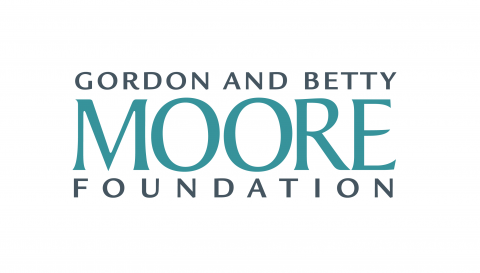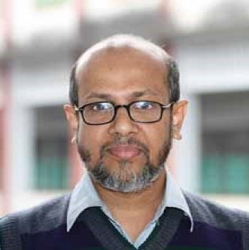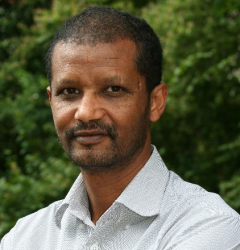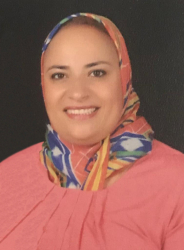Combatting Predatory Academic Journals and Conferences
Overview
Predatory journals, publishers and conferences are on the rise and becoming increasingly sophisticated. These practices prey on the pressure researchers feel to publish prolifically, and include pay-to-publish models without peer review, fake editorial boards listing respected scientists, fraudulent impact factors, journal names deceptively similar to those of legitimate journals, and spam invitations to sham conferences with high registration fees.
Indeed, predatory journals and conferences threaten to cause long-term, widespread damage to research and researchers. Although several studies suggest the problem is widespread and increasing, the true extent and impact globally are not known, which makes addressing these practices all the more difficult.
Led by an independent working group of international experts nominated by academies around the world, this IAP study is gauging the extent and impact of predatory practices, identifying their root causes, and reviewing efforts to combat them. A vital part of the study is a survey for all members of the research community to raise their awareness, and gauge the extent and impact, of predatory journals and conferences across different geographies, disciplines and career stages. The survey ran for two months (November and December 2020) and is now closed. With thanks to all those who participated, the results will be shared as soon as possible and used to recommend more effective ways to combat predatory practices and protect researchers everywhere.
Critically, the IAP study is engaging sister networks - such as the Global Young Academy (GYA), International Science Council (ISC) and The World Academy of Sciences (TWAS) - as well as representatives from all key sectors: research, publishing, libraries and indexing services, universities and international science governance organisations. It is also connecting with other research groups looking at this issue. Efforts to combat predatory practices in academia must necessarily engage key stakeholders across the globe to effect a concerted, coherent and coordinated approach.
The IAP study will report at the end of 2021 and is anticipated to inform a further major study on research evaluation, which lies at the heart of many of the global research community's challenges and for which predatory practices are a symptom.
Project
Updates
People and Institutions

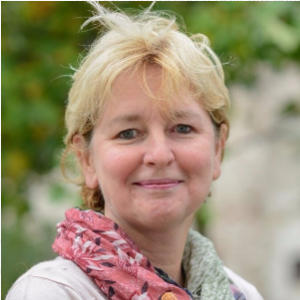
Other resources
Find out more about the IAP survey on predatory academic journals and conferences:
https://www.interacademies.org/IAPsurvey
Key resources for identifying predatory journals:
Think.Check.Submit: https://thinkchecksubmit.org/
![]()
Follow on Twitter: @thinkchecksub
Key resources for identifying predatory conferences:
Think.Check.Attend: https://thinkcheckattend.org/

Follow on Twitter: @ThinkCheckAtt

